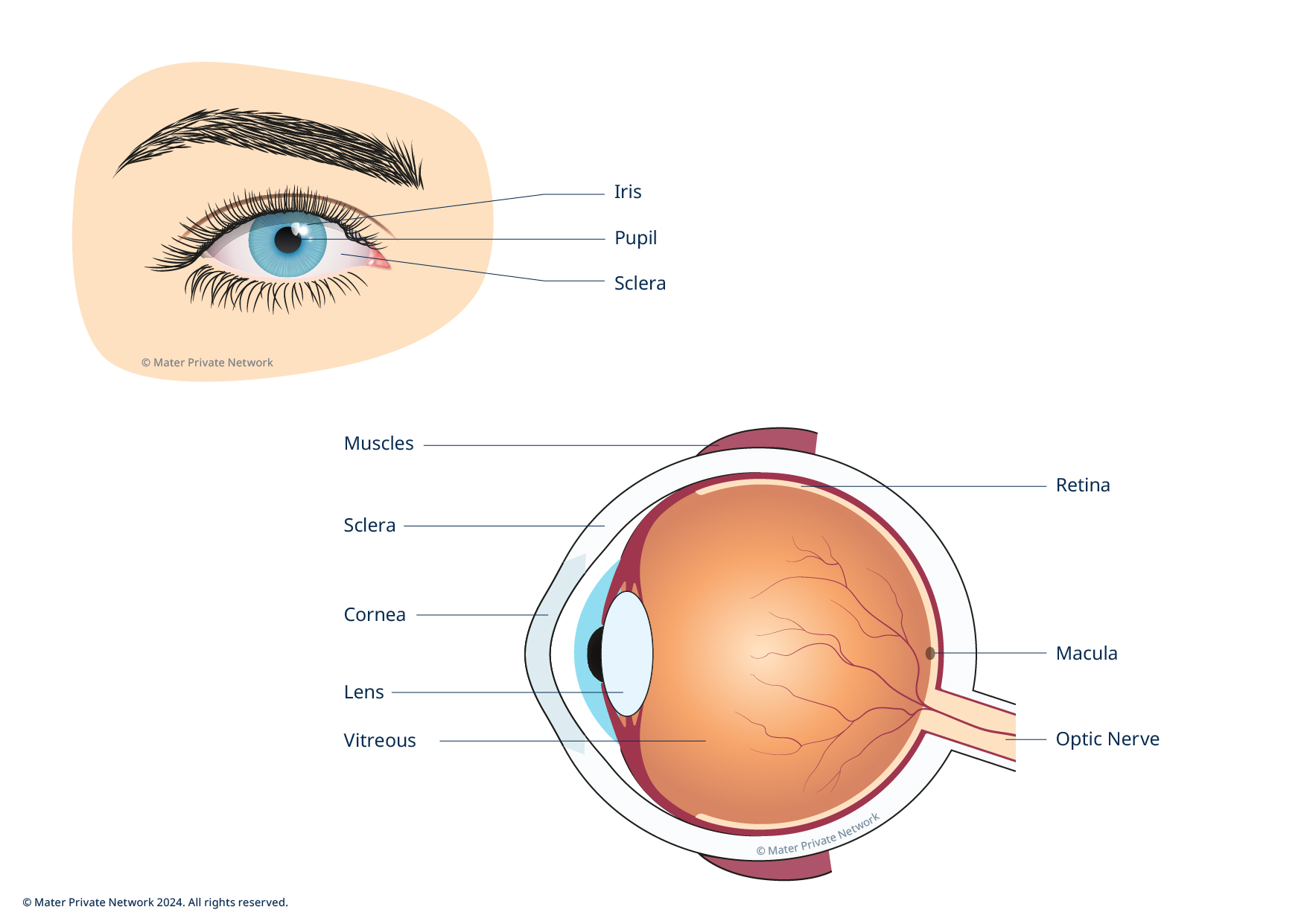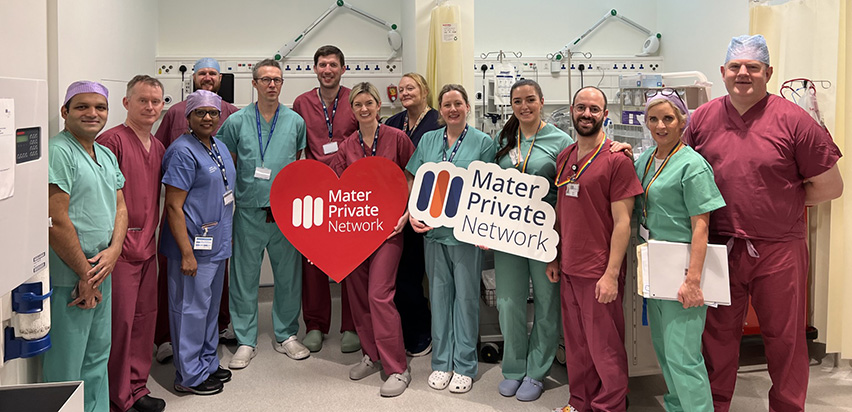Cataract Surgery
Contact Us
Request an AppointmentPlease note that a referral letter is required before an appointment can be confirmed.
Please note that a referral letter is required before an appointment can be confirmed.
Useful Information
About this service
Cataract surgery is performed to treat cataracts, which is when the clear lens inside your eye has become cloudy or opaque. The lens is positioned just behind the iris. It is responsible for keeping images in focus on the retina and it adjusts for distance or close vision. When a cataract develops, the lens becomes cloudy and prevents the light rays passing onto the retina. The picture that the retina receives becomes dull and fuzzy.
A cataract usually forms slowly with vision gradually blurring over months or years. The condition can develop naturally with ageing, but can also be a result of injury, inflammation, taking certain medication or be related to conditions such as diabetes.
When a cataract is removed, it is replaced with a permanent artificial lens implant, which helps to restore vision.
Cataract surgery is one of the most commonly performed eye surgeries. Our surgeons offer a wide range of lens options for modern cataract surgery, including multifocal and new trifocal lenses. About 95% of people who receive a standard lens implant have their vision restored to its pre-cataract level.

The procedure
Before surgery your consultant will send you for a biometry eye scan - this is to help determine the strength of the artificial lens that will be used to replace your lens affected by the cataract.
The cataract procedure is carried out on a day-case basis. The actual surgery itself usually takes about 15-30 minutes and you will be awake throughout.
The surgery is performed using topical anaesthesia in the form of eye-drops. In some cases, a small injection of anaesthetic is administered into the skin around the eye to freeze the eye. You will be admitted as a day-case patient before surgery; pre-op drops will be given and then you are prepared for surgery.
Your consultant removes the cloudy lens by making a tiny opening at the edge of the cornea. Once removed, the lens is replaced with a permanent artificial lens implant, which will allow you to see again.
You will be monitored and your blood pressure and pulse recorded.
You will wear a clear eye shield over the operated eye which must be left in place until the following morning.
You will be taken through your post-operative eye-drops regime and any other instructions and advice required. Please make sure you understand all your instructions before you leave the hospital. It is often a good idea to arrange a relative or friend to accompany you after the operation and to hear the post-op advice
You cannot drive after surgery and should arrange for someone to collect you from the hospital to accompany you home.
You will be given a light snack and will then be ready for discharge.
Before you leave we will give you a time and date for a follow-up appointment or let you know when to expect a call from us.
Frequently asked questions
Your vision may be somewhat blurry for some time after surgery as in total it can take 6 weeks for the eye to settle down after surgery.
You should experience little to no pain during the procedure. The eye drops and injection of anaesthetic should prevent you from experiencing any pain.










